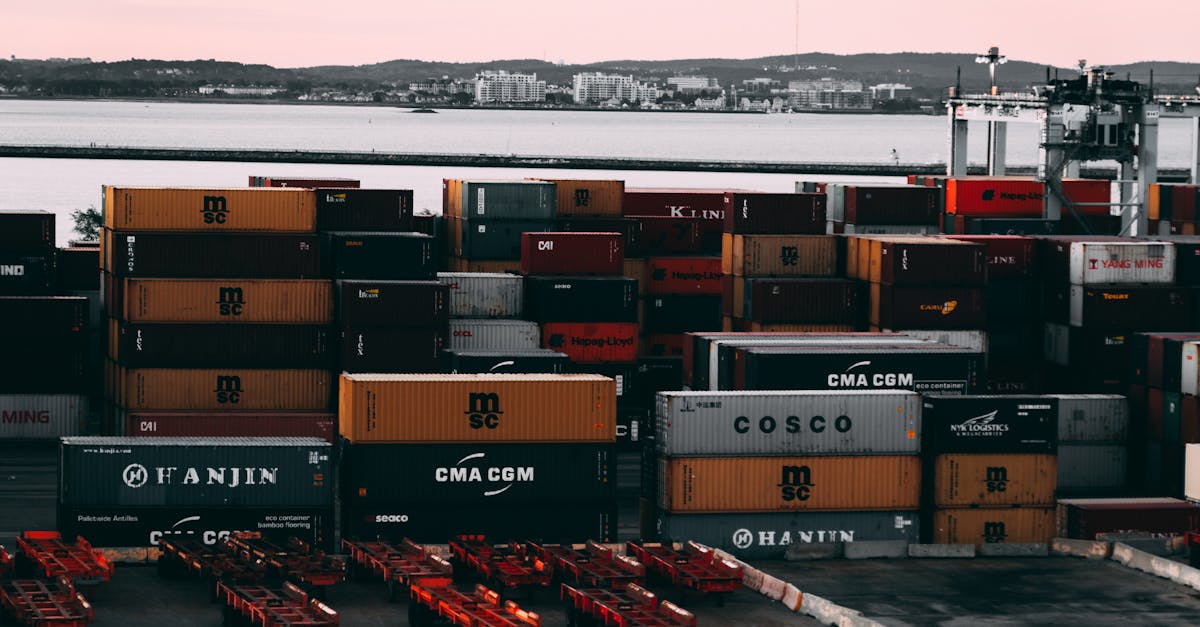A critical debate is underway in Hawaii, as a state commission deliberates on a proposed rate hike for the company that handles the bulk of interisland shipping. This decision will directly impact the financial health of businesses across the state and the cost of living for residents. The hearings, which commenced on Monday, will determine whether the struggling shipping company is justified in its request for a rate increase, and potentially, the implementation of automated annual inflationary adjustments.
The stakes are particularly high for businesses that rely on interisland transport. A significant rate increase could further strain already tight profit margins and potentially lead to higher prices for consumers. Small businesses, in particular, are vulnerable to such fluctuations, potentially hindering their ability to compete and grow. Civil Beat reported on Kaua’i businesses fearing a "breaking point" due to shipping costs. Another Civil Beat article highlights the Consumer Advocate's pushback on the rate hikes, with some potential support depending on investigations into the shipping company's finances. The implications of these proceedings extend far beyond the immediate financial impacts, touching upon the broader economic health and competitiveness of the islands.
The financial difficulties of the shipping company, as well as the company's relationship with its parent company, are at the heart of the matter. Consumer advocates and some lawmakers are calling for greater scrutiny into the company's operations and financial management before any rate hike is approved. The state Division of Consumer Advocacy even suggests supporting a temporary rate increase contingent on a full investigation into the interisland shipper and their relationship with their parent company, Saltchuk Resources. Such an investigation could shed light on whether the proposed rate increases are truly necessary and justified. This is especially important considering the potential for the rate increase to be as high as 25% to offset expected financial losses, according to previously mentioned Civil Beat reporting.
The situation also raises broader questions about the economic landscape of Hawaii. The Jones Act, which mandates the use of U.S.-built and crewed ships for domestic cargo transport, contributes to the high costs of shipping in Hawaii. Freightwaves reported on a panel discussing the Jones Act's burden on Hawaii's economy. While this debate unfolds, Hawaii's leaders and business stakeholders must grapple with the challenge of balancing the needs of the shipping industry with the economic well-being of its residents and businesses. The decisions made in the coming weeks will thus chart a course for the future of interisland commerce and the prosperity of the Aloha State.



